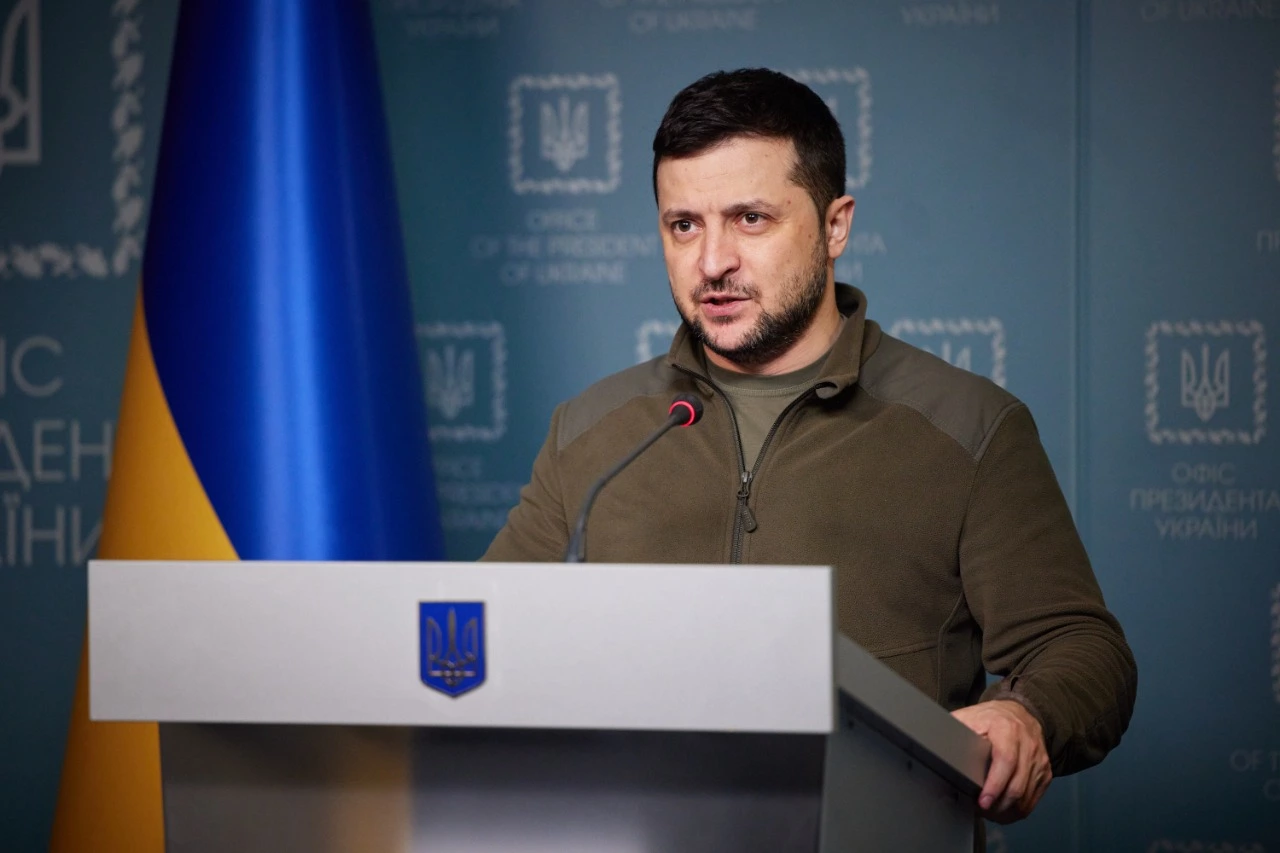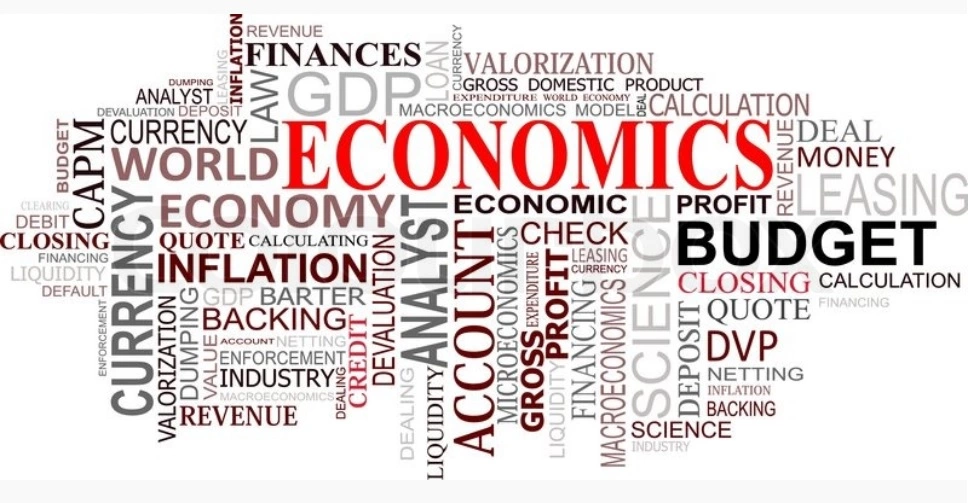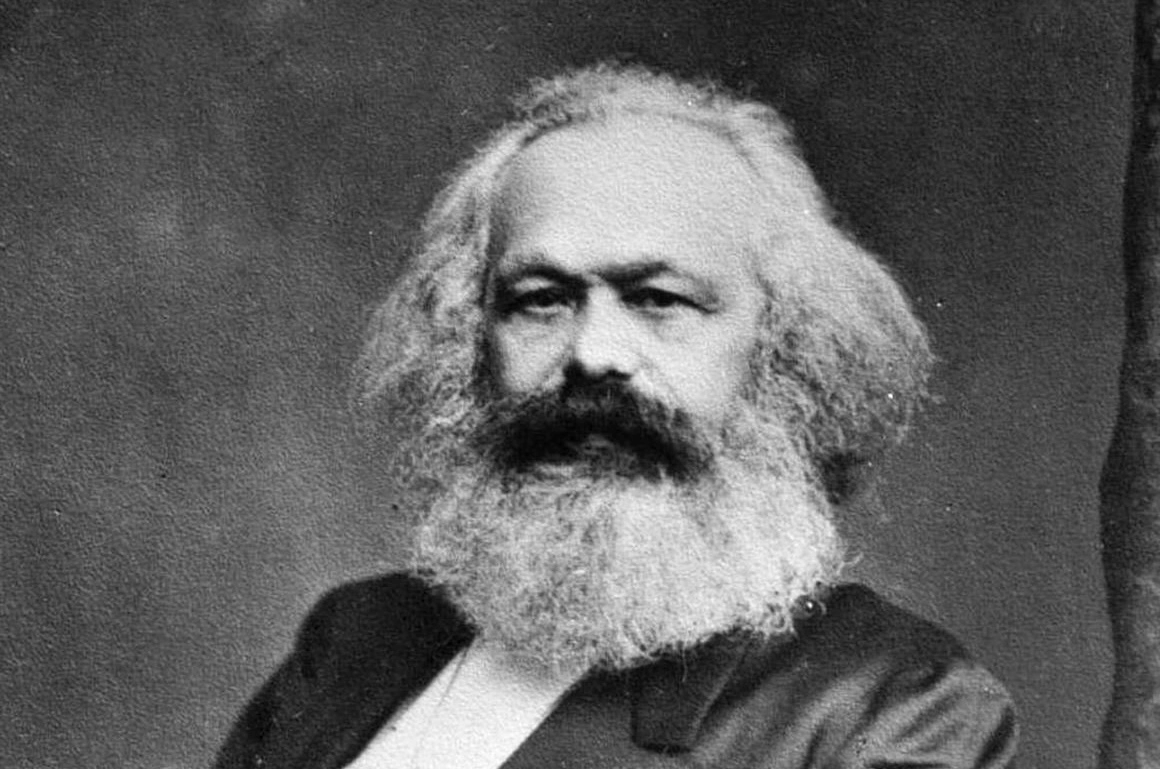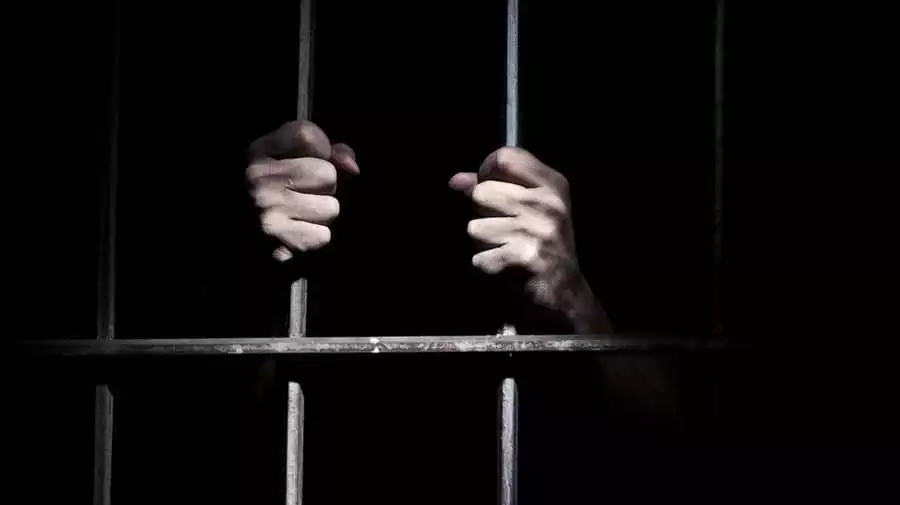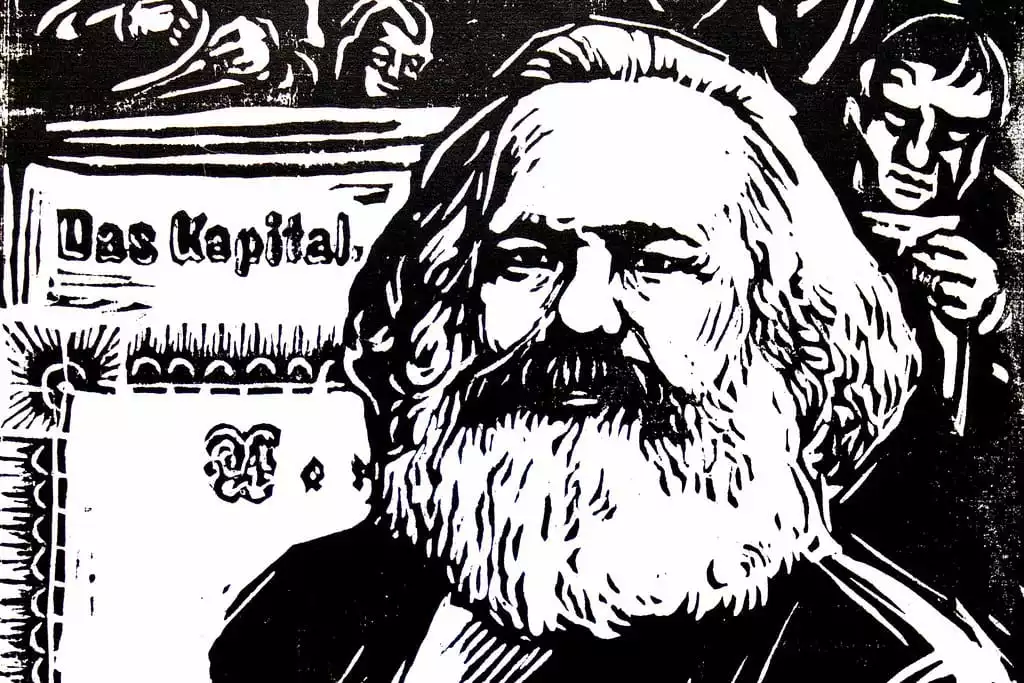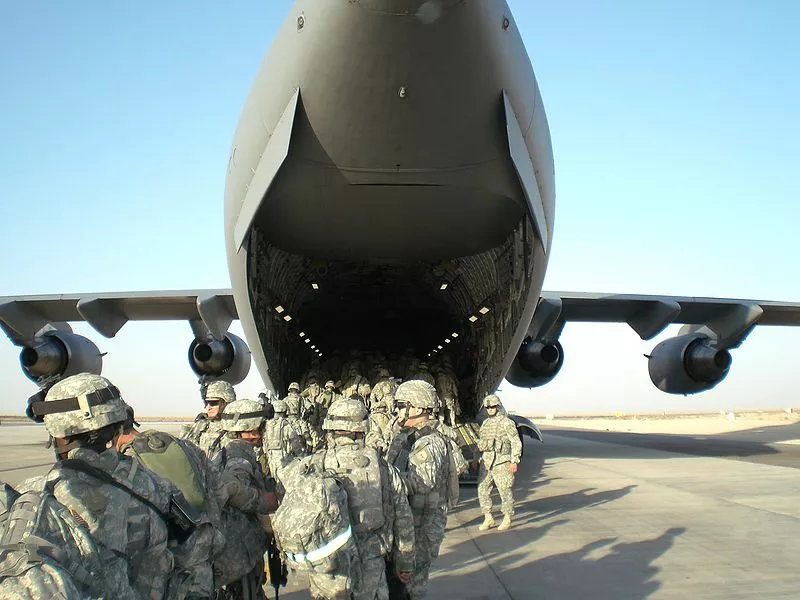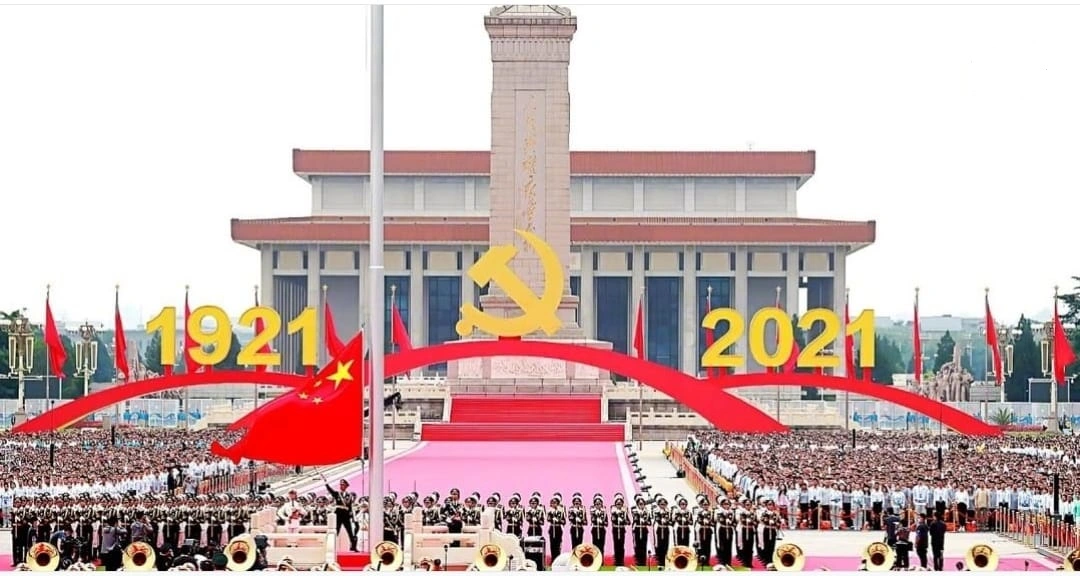Zelensky in his more private moments, I believe, has studied the ways of Adolf Hitler: how he controlled the workforce as well as how he prevented the German unions from fighting for decent wages and safe working conditions in peacetime and in war. As one political website observed regarding the history of labor under the Nazi regime: “The National Socialists saw workers as cogs in a socio-economic machine, rather than individuals. After taking power in 1933, the Nazis abolished unions and formed their own agency to monitor labour and workplaces. Work in Nazi Germany became heavily regulated, with workers having few rights and no bargaining power. In Nazi Germany, attitudes to work and labour were [determined] by fascist fixations with order, hierarchy and the state.”
Zelensky’s party, the Servant of the People (which, oddly, is named after a Ukrainian comedy television series, which is obviously farcical in intent), aspires to become the unchallenged ruling party of Ukraine, with no boundaries to keep it in check; this even includes depriving Ukrainian workers of their basic rights to a living wage and decent working conditions during a time of war. However, the Ukrainian workers are very different from the German workers who were crushed by the Nazi police and military machine during World War II. The writer Federico Fuentes has described the labor struggle in Ukraine during the “Special Military Operation” as follows:
Ukrainian workers suffered a setback on August 6, when President Volodymyr Zelenksy signed a new law allowing zero-hour contracts. However, Zelensky did not sign a more dangerous law that would strip almost all workers of their right to collective bargaining and union protections. Both laws were passed by parliament on July 19. That Zelensky did not sign draft law 5371 — a focus of trade union protest since 2021 — is an indication he might be feeling this pressure. That is why stepping up international union solidarity is so important. Despite the devastation being wrought by Russia’s invasion, trade unions in Ukraine have continued to speak out against anti-worker laws.
Mr. Fuentes correctly observes that Ukrainian workers remained imbued with the practical and audacious workers’ demands that are rooted in Ukraine’s erstwhile adhesion to the USSR. Fuentes goes on to note:
A public letter to Zelensky from the Joint Representative Body of Ukraine's trade unions argued draft law 5371 should be vetoed as it “contains a number of extremely threatening provisions that establish discriminatory norms for workers, significantly weaken the level of protection of workers, narrow the scope of labour rights and social guarantees of workers … [and] undermine the representative and protective function of trade unions”.
In this hard lesson of war in the Ukraine, a civil-war-type confrontation between reactionary Ukraine and nationalist Russia, the workers will play a pivotal role in deciding the outcome on the battlefield and on the home front. Regarding the realpolitik of the Ukrainian workers and the Kyiv regime, Nataliia Lomonosova, an analyst at the Ukrainian thinktank Cedos, was quoted in the online politics website “Social Europe” as having made the following no-political-frills observation:
Lomonosova argued that Ukrainians had little choice or bargaining power when it came to employers: the number of available vacancies was vastly disproportionate to the number of people now looking for work in the country. ‘People right now have no bargaining power and trade unions cannot protect them,’ she said. She feared that, as a result of the displacement, ‘many people will find themselves in the situation of Ukrainian migrant workers’ while in their own country—with little choice but to accept poor conditions and to be ever more dependent on their employers.
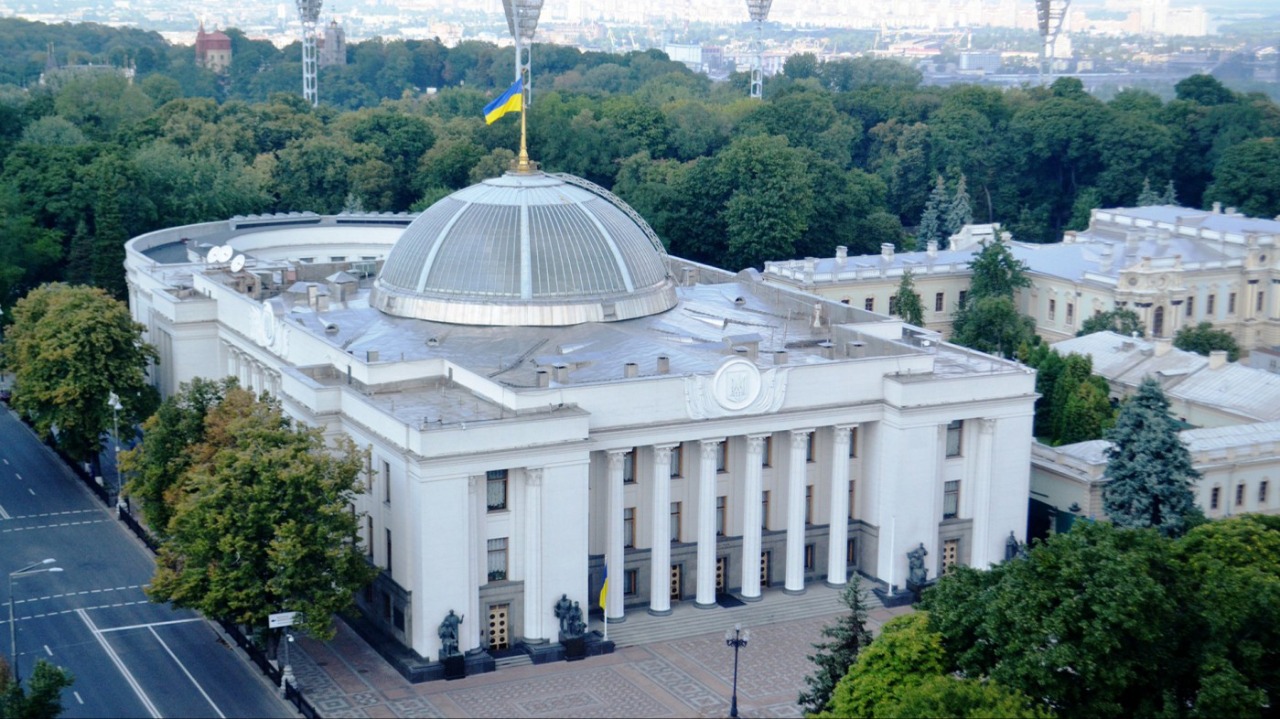
It remains to be seen whether Ms Lomonosova is correct about the Ukrainian workers accepting “poor conditions” and becoming more dependent “on their employers”. What should be remembered, historically, is that after the first year of the Nazi occupation in Ukraine, the vicious, fascist policies of Stepan Bandera were implemented, fermenting the early pro-Soviet Ukrainian partisan units. What I foresee is that Zelensky will try to devise a strategy of pitting Ukraine’s federal workers, his party apparatchiks and other rightwing party organizations against the Ukrainian workers and their profound struggle to free themselves from the corporate/military aegis of Zelenksy. Concerning the information that I and others receive about the struggle of the Ukrainian workers, I would like to refer to Clausewitz’s comments:
Although it is a maxim in all books that we should only trust information which is certain, and that we must always be suspicious, this is only a miserable book comfort, belonging to that philosophy in which writers of systems and compendiums take refuge for want of anything better to say.
We should remain cool about the various reports and propaganda information emitting from the government officials in Ukraine, and instead accept that the law of probability is the same in understanding information during the duel between warring nations as it is in the duel between workers’ unions and the reactionary regimes they oppose.
